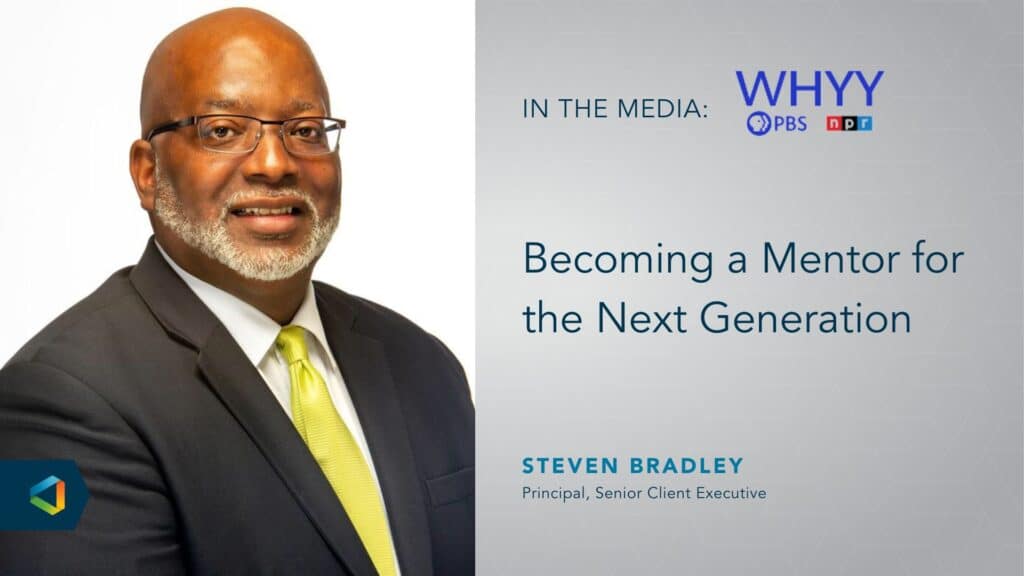I’m a Millennial. As an older member of the generation initially referred to by sociologists as Generation Y, there are marked differences between me and my sociological cohorts however. I’m married, have two daughters, pay a mortgage (and some pretty hefty property taxes) and sing tenor in my church’s choir-- in other words, not your typical Millennial and an illustration of the limitations of “one-size-fits-all” labels. I do share my generation’s affinity for variety, customization and technology. As more and more Millennials enter young adulthood and join the workforce, our society has developed and adopted new products, technology and distribution channels that cater to Millennials’ tastes (and the shifting demands of the society at large) at a dizzying pace. In the midst of all this economic change, there is one market that’s remained largely stagnant: employer-sponsored health coverage.
On the surface, it may seem as though health benefits offered by employers to their employees are keeping up with the times. After all, in the past three decades there’s been a shift from HMOs to PPOs to Consumer Driven Health plans to Accountable Care Organizations. More recently, the Affordable Care Act has mandated many changes to the health benefits (i.e., the product) employers offer and to whom that product must be offered. It is the amount of product variety and the means of product distribution to the end user (i.e., the employee) that is only just beginning to change in the realm of employee benefits.
This emerging change is both necessary and timely. I can think of very few other markets where so little choice is available for so costly a consumer product. Spending 30-40% of your income on housing? You’d be wise to talk to an agent about the vast number of housing options to suit your fancy. Buying or leasing a $30,000 car? You could spend weeks, even months, test-driving all the makes and models in the same vehicle category-- and that’s before you decide if you want your new ride in “Wilderness Green”, “Crystal White Metallic” or any of the other creatively-named color options. Spending a couple hundred dollars per month on health insurance offered through your employer? You probably have one or two plan choices-- three if you’re lucky-- and “shopping” for your plan is cumbersome at best. You likely have more choice for something as mundane as your electricity provider.
Consider the shift from employer-sponsored defined benefit retirement plans (pensions) to tax-advantaged, defined contribution 401(k) plans that took place in the last two decades of the 20th century. With the shift, employees found themselves in the position of making important decisions about their retirement savings that were previously made almost entirely by their employer and the government. Arguments and opinions about cost-shifting aside, one cannot dispute the additional choice and customization options that 401(k) plans provide. Similar to the advent of 401(k)s in the 1980s, private exchanges are now gaining a foothold and will likely change group health benefits as dramatically as 401(k)s changed retirement.
In my mind, the term “exchange” is somehow mysterious and makes itself seem more complicated than it really is. I prefer to explain it this way: a private exchange is simply an online retail store (think Amazon.com) to which employers give their employees a defined contribution (think gift card) to spend on a wide variety of plans that suit individual employee needs. In short, private exchanges finally bring variety, flexibility and the efficiency of online shopping to employees purchasing health insurance through their employer, to say nothing of the back-end administrative advantages to the employer itself.
As with most meaningful change, the shift to private exchanges is being met with some resistance. Some common objections employers have to private exchanges are based on certain perceptions such as:
- My employees aren’t comfortable with technology
- My employees will be overwhelmed by additional choice
- My employees will view this as a cost shift and morale will suffer
- My HR office will be inundated with additional work implementing a new system
All valid concerns, but in many cases these perceptions are not entirely accurate.
Employers should talk with their broker/benefits consultant about how to best evaluate the viability of different private exchange models. A private exchange is not the right option for every employer-- but every employer would be wise to seriously consider one and make an informed decision. Employers who limit choice for a product as crucial as health insurance may be alienating more employees and prospective talent than they realize. One size does not fit all.
For more information regarding OneDigital Marketplace, OneDigital’s private exchange solution, please contact your OneDigital consultant or sales representative.




